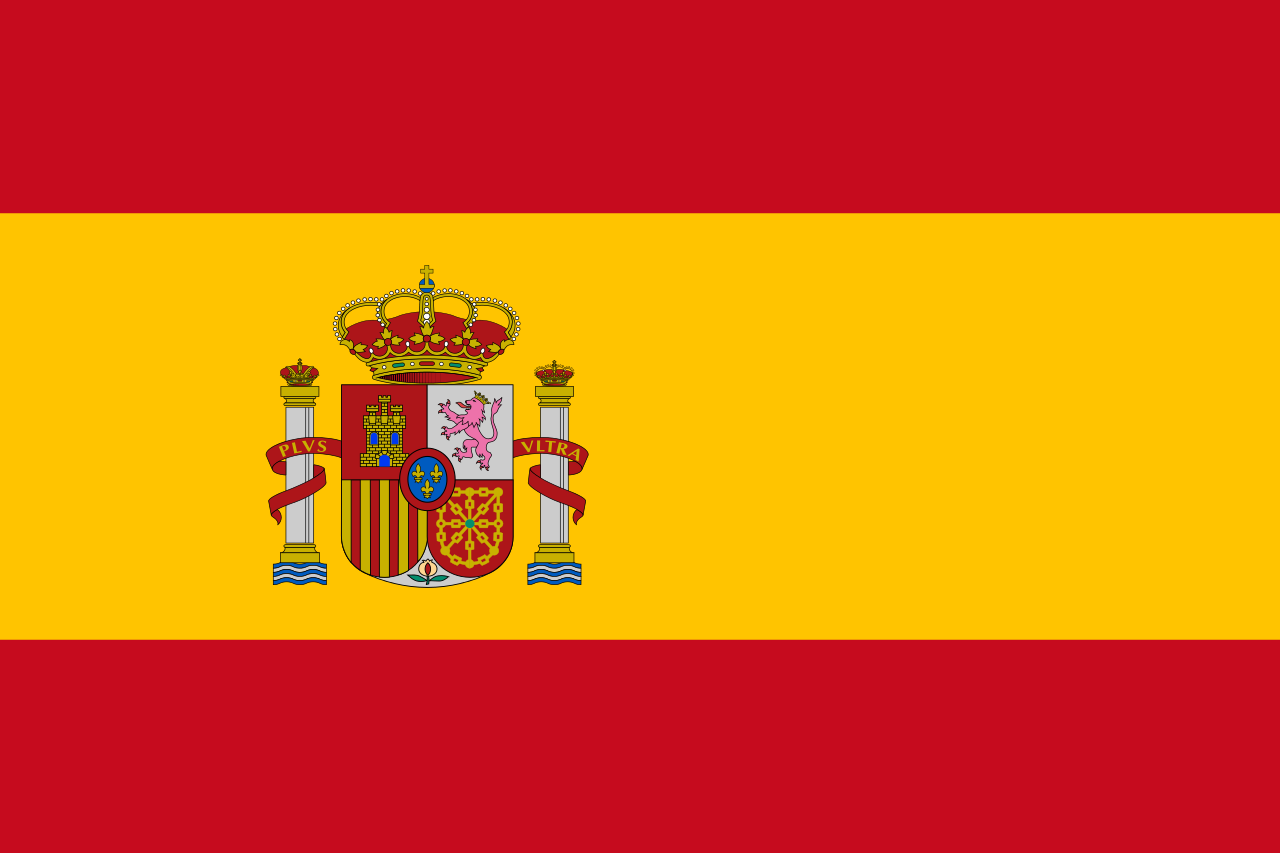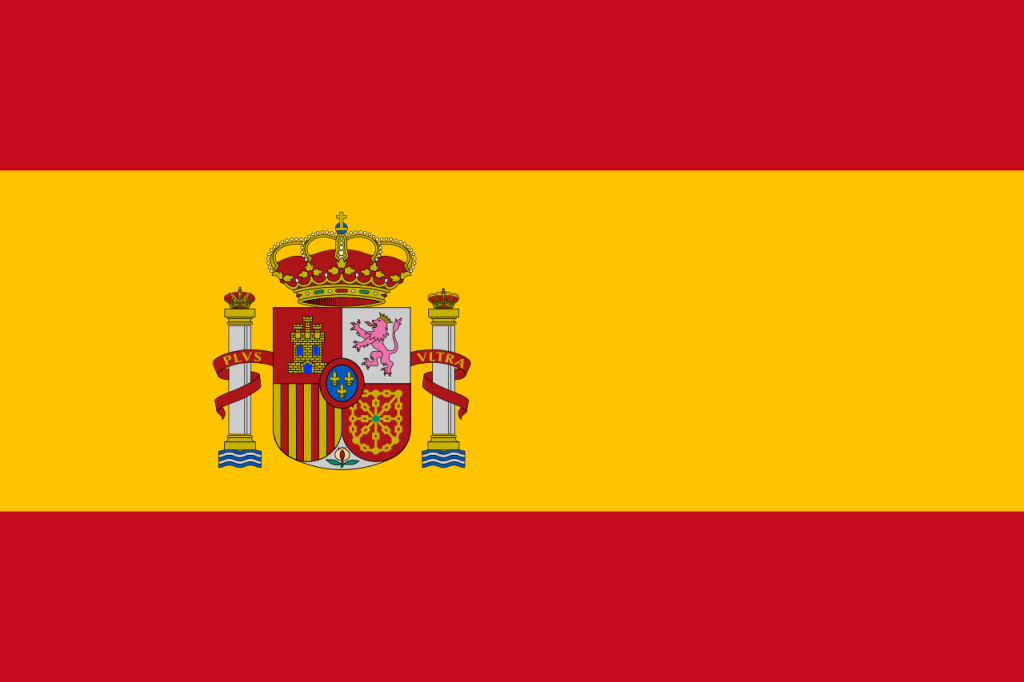An income support programme approved by the Spanish government on Friday to help those most vulnerable during the coronavirus pandemic is a step in the right direction in a country that has long lacked a proper social safety net, analysts have said.
Spain is among the countries worst hit by the virus and the scheme is designed to provide a minimum income for about 2.5 million of its poorest citizens after months of strict lockdown that has sent unemployment skyrocketing.
It sets a minimum income for an adult of about half the minimum wage of 1,108 euros ($1,230) per month.
An income support programme approved by the Spanish government on Friday to help those most vulnerable during the coronavirus pandemic is a step in the right direction in a country that has long lacked a proper social safety net, analysts have said.
Spain is among the countries worst hit by the virus and the scheme is designed to provide a minimum income for about 2.5 million of its poorest citizens after months of strict lockdown that have sent unemployment skyrocketing.
It sets a minimum income for an adult of about half the minimum wage of 1,108 euros ($1,230) per month.
Spain is the first country in southern Europe to launch such a scheme during the pandemic, which has sparked debate about how best to support those most vulnerable and revived the idea – once seen as radical – of a universal basic income.
“It could be really trendsetting for southern Europe if for the first time we are to maintain a more consistent approach to income assistance,” said Louise Haagh, a politics professor at Britain’s York University and a basic income advocate.
Universal basic income involves giving citizens cash payments each month to spend however they see fit, often in addition to welfare benefits that tend to be tied to specific needs, such as housing or childcare.
Advocates say its simplicity allows governments to bypass time-consuming bureaucratic processes while giving beneficiaries the security of knowing they will have some income even if their circumstances change.
There have been experiments around the world with mixed results. Finland had the first government-run pilot, but it was not extended, with researchers concluding that while it did improve happiness, it failed to boost employment as hoped.
Several countries have adopted similar schemes to protect their poorer citizens from the financial impact of the coronavirus crisis.
U.S. lawmakers agreed in March to make direct payments of up to $1,200 for an individual earning up to $75,000 a year.
HAND-TO-MOUTH
Social scientists said the Spanish scheme, which prioritises households with children, would help poor families that have traditionally lacked protection, though it falls short of being a universal basic income as it is means-tested and temporary.
“Guaranteeing an income for these families, even if it is minimal, should help to alleviate the pressure on expenses,” said Luis Ayala Canon, economics professor at Rey Juan Carlos University in Madrid.
Spain’s most vulnerable families were already living a hand-to-mouth existence before the coronavirus crisis, with many on low-paid short-term contracts and unable to cope with rising rents, Canon told the Thomson Reuters Foundation.
Spain has the largest share of the population at risk of poverty in western Europe, at 21.6% according to the latest European Union data.
The European Council has strongly recommended that Spain provide state income support, saying only one in five of those who need help receives it.
Haagh said the Spanish scheme was a “classic crisis relief measure”, but represented progress for a country that had historically lacked a systematic approach to income support.
Many have hoped the pandemic could bring about lasting change to national policies on social welfare, as happened after World War Two.
“Major crises such as wars and pandemics, such as the 1918-19 Spanish Flu, have often been the occasion for radical reconstruction of the welfare system,” Britain’s Institute of Economic Affairs think-tank predicted in a report this week.
“It is very likely that the Covid-19 pandemic will also do this.”

